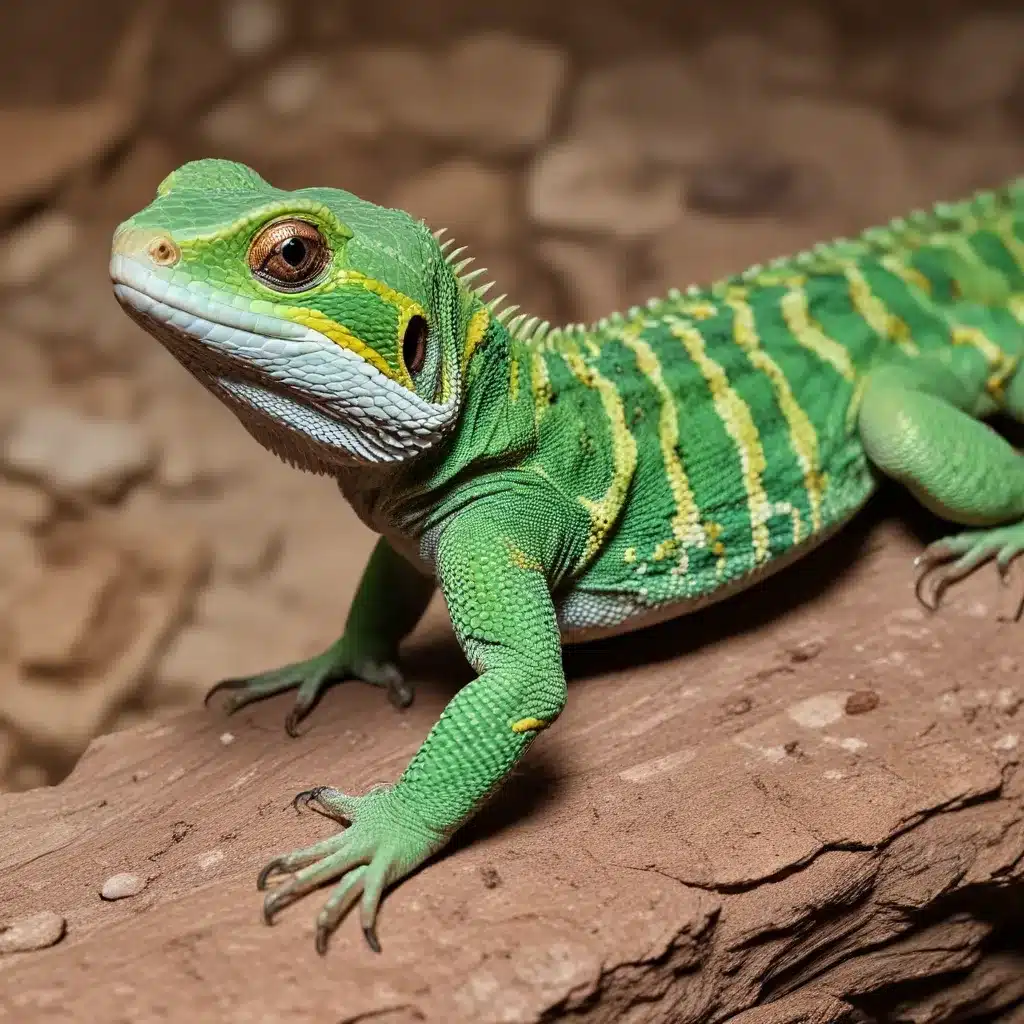
Navigating the Challenges of Rehoming Exotic Reptiles
Caring for exotic reptile pets can be a rewarding and enriching experience, but it also comes with significant responsibilities. From providing the right environmental conditions to addressing health concerns, reptile owners must be prepared to commit time, resources, and expertise to ensure their pets thrive. Unfortunately, circumstances can change, and some reptile owners may find themselves in a position where they can no longer care for their animals. In these situations, the process of rehoming an exotic reptile can be a complex and often daunting task.
In this comprehensive article, we’ll explore the nuances of reptile relocation, delving into the best practices for rescuing and rehoming these unique creatures. We’ll discuss the legal considerations, the importance of responsible ownership, and the various resources available to those seeking to find a new and loving home for their reptile companions.
Understanding the Unique Needs of Exotic Reptiles
Exotic reptiles, such as snakes, lizards, and turtles, have diverse and often highly specialized care requirements. These needs can vary significantly depending on the species, age, and individual characteristics of the animal. Factors like temperature, humidity, lighting, and substrate can all have a profound impact on the health and well-being of a reptile.
When considering rehoming an exotic pet, it’s crucial to have a thorough understanding of the specific care requirements for the species in question. This knowledge not only ensures the reptile’s successful transition to a new environment but also helps potential adopters make an informed decision about their ability to provide the necessary care.
Responsible Reptile Ownership and Breeding
Responsible reptile ownership begins long before the acquisition of an exotic pet. Prospective owners should research extensively, consult with experienced hobbyists or veterinarians, and ensure they have the necessary resources and knowledge to properly care for their chosen species.
Breeding exotic reptiles also requires a deep understanding of the animals’ biology, behavior, and environmental needs. Responsible breeders prioritize the health and welfare of their animals, carefully selecting breeding pairs, monitoring the reproductive process, and providing optimal conditions for hatchlings and juveniles.
Legal Considerations for Rehoming Exotic Reptiles
Navigating the legal landscape surrounding the ownership and relocation of exotic reptiles is a crucial aspect of the rehoming process. Depending on the species and the jurisdiction, there may be specific regulations, permits, or licenses required for the possession, sale, or transfer of these animals.
It’s essential for reptile owners to familiarize themselves with the relevant laws and regulations in their local area before attempting to rehome their pets. Failure to comply with these legal requirements can result in significant penalties or even the confiscation of the animal.
Finding Responsible Reptile Rescue and Rehoming Organizations
When faced with the need to rehome an exotic reptile, owners may feel overwhelmed by the potential challenges. Fortunately, there are numerous reptile rescue and rehoming organizations that can provide guidance and support during this process.
These organizations often have extensive experience in evaluating the needs of individual reptiles, connecting them with suitable adoptive homes, and ensuring a smooth transition. They may also offer resources for the proper handling, transport, and acclimation of the animal to its new environment.
Reaching out to reputable reptile rescue groups, local herpetological societies, or even online reptile forums can be an excellent starting point for those seeking assistance with rehoming their exotic pets.
Preparing for the Rehoming Process
Rehoming an exotic reptile requires careful planning and preparation. Owners should gather detailed information about the animal’s history, including its age, health status, dietary requirements, and any behavioral or medical concerns. This information can be invaluable in helping potential adopters understand the reptile’s needs and make an informed decision about their ability to provide the necessary care.
Additionally, owners should ensure that the reptile is in good physical condition, with any necessary veterinary treatments or preventative care already addressed. Providing potential adopters with a comprehensive care guide, along with any necessary equipment or supplies, can further facilitate a successful transition.
Considerations for Potential Adopters
Individuals interested in adopting an exotic reptile should approach the process with a thorough understanding of the animal’s requirements. This includes researching the specific species, evaluating their own ability to provide the necessary care, and ensuring they have the appropriate habitat, equipment, and resources to support the reptile’s long-term well-being.
Potential adopters should also be prepared to undergo a screening process, as responsible rehoming organizations often have specific criteria to ensure the reptile’s safety and the adopter’s ability to provide a stable, nurturing environment.
Ongoing Care and Support for Rehomed Reptiles
Successful reptile rehoming is not a one-time event; it requires ongoing commitment and support from both the owner and the adopter. Owners should be prepared to provide detailed care instructions, answer any questions the adopter may have, and remain available for consultation even after the relocation is complete.
Similarly, adoptive families should be willing to work closely with the previous owner or rescue organization to ensure a smooth transition and address any challenges that may arise. Regular veterinary check-ups, proper habitat maintenance, and a willingness to learn and adapt are all essential elements of responsible reptile care.
Conclusion
Rehoming exotic reptiles can be a complex and emotionally challenging process, but with the right approach and resources, it can be a rewarding and impactful experience. By prioritizing the well-being of the animals, understanding the legal and practical considerations, and working with responsible rescue organizations, reptile owners can find new and loving homes for their beloved pets.
Through this journey, we hope to inspire a deeper appreciation for the unique needs of exotic reptiles and encourage responsible ownership practices that ensure the long-term health and happiness of these remarkable creatures. Remember, your reptile’s well-being should always come first, and with patience, empathy, and a commitment to their care, you can navigate the path of reptile relocation with confidence.
For more information on exotic reptile care, breeding, and legal requirements, visit our website at exoticreptilesforsale.com.

